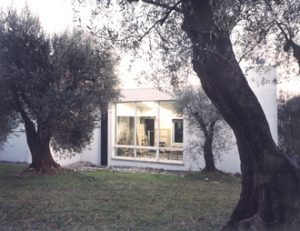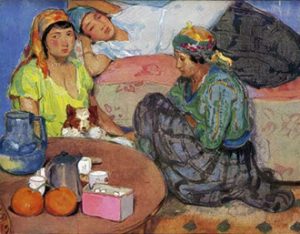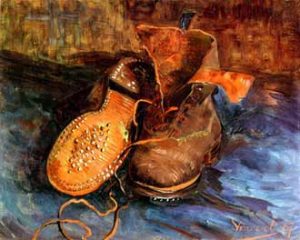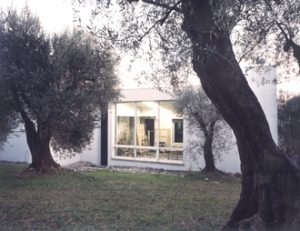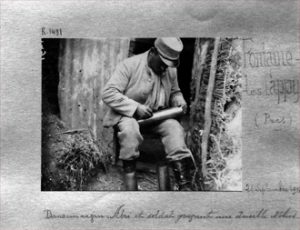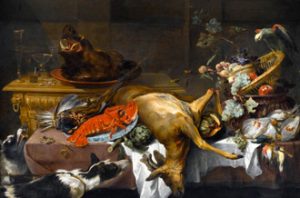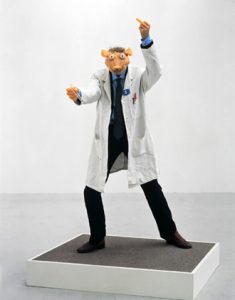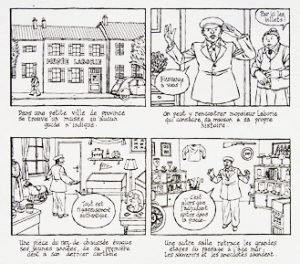Philippe Artières devotes his work in large part to the contemporary history of writing—to our graphic culture, from neon signs to tattooing. He is never far removed from fiction authors and artists, which also must contribute to making his work inventive. He goes back over for us the process by which archives have become social ...
# 83 | Poor People’s Things | Arlette Farge
Arlette Farge has always made one want to go into archives to do research. There, she has been able to find the minuscule signs of lives complicated by poverty—indeed, her thesis was on food theft in eighteenth-century Paris. Here, she returns to the interest in the poor that emerged in the wake of ...
# 82 | Something Else in the Orient | Christian Peltre
Christine Peltre tells us of the status of “things” in the Orient imagined by nineteenth-centuries contemporaries: objects acquired in bazaars and souks, robes, cloaks, babouche slippers, turbans, headgear, carpets, etc. “Operators of belief, border agents, or reminders of proximity?” Everything would be a way of recalling sites and atmospheres, dazzling sights, even vain ...
# 81 | The Naked Thing | Hadrien Laroche
“Disappearance” is at the heart of the studies and novels of Hadrien Laroche, who reexamines for us “the thing” in the work of Martin Heidegger, Jacques Derrida, and Meyer Shapiro. We are familiar with the discussion around Van Gogh’s shoes, a still life lively enough to give rise to some very keen, contradictory interpretations. ...
# 80 | Concrete Presences | Marc Desportes
After his Paysages en mouvement. Transport et perception de l’espace, XVIIIe-XXe siècles (published by Gallimard in 2005), Marc Desportes has taken an interest in the singular presence of objects in twentieth-century art. He proposes to clarify the various ways in which these objects are used by artists, in accordance with varying circumstances, as well ...
# 79 | The Art of Trenches | Bertrand Tillier
As a historian of anthropological art, Bertrand Tillier studies objects of all sorts manufactured in the trenches by the combatants of all nations who were engaged in the bloody conflict of the Great War. Conscious of the reticence of art historians to include such unclassifiable and disturbing products, he directs his attention toward the ...
# 78 | Animals and the Paintings of Things | Armelle Fémelat
Armelle Fémelat, whose dissertation on Italian equestrian portraiture from the thirteenth to fifteenth centuries is forthcoming, brings us into the world of representations of animals shown dead or alive, wherein things have lives of their own. She invites us to grasp, through the world of forms, the nature of animal otherness by crossing ...
# 77 | Animal as Objects | Marion Duquerroy
Long neglected, animals have once again, especially since the 1980s, been placed at the center of contemporary art. Against all expectations, animals serve less the cause of ecology than to reassure humans of their own status, as we are told by Marion Duquerroy, whose dissertation on this subject will be published by Presses ...
# 76 | Objects: Between Art and Social Sciences | Thierry Bonnot
Thierry Bonnot exits from the strictly positivist view the social sciences hold of objects. No, he says — in the wake of other researchers who have refreshed the history of things — objects are not “witnesses” but social facts that have complex relationships with human beings as they interact in our social exchanges. In ...
